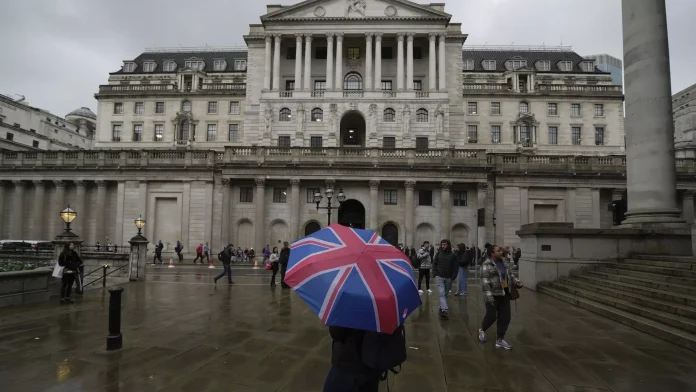The Bank of England is set to cut interest rates for the second time in three months as inflation fell to its lowest level in three years, according to AP News.
However, economists warn that concerns about future price movements following last week’s tax hike and the economic impact of US President-elect Donald Trump could limit the number of cuts next year.
The Bank of England is currently expected to cut its main interest rate by a quarter of a percentage point to 4.75 per cent. Central banks around the world sharply increased borrowing costs from near zero during the pandemic and then due to the war in Ukraine, which drove up energy prices. As inflation rates have recently fallen from multi-decade highs, central banks have begun to cut interest rates.
Analysts say policymakers are likely confident that inflationary pressures in the UK economy have eased enough for them to continue easing the financial burden on businesses and mortgage holders.
For the year, inflation stood at 1.7 per cent, the lowest since April 2021 and below the central bank’s 2 per cent target. The decision comes a month after Treasury chief Rachel Reeves announced additional spending of around 70 billion pounds ($90 billion), funded by business tax increases and borrowing.
The rate decision also came a day after Trump was declared the winner of the US presidential election. He has signalled he will cut taxes and impose duties on some imported goods when he returns to the White House in January. Both policies could lead to inflation both in the US and around the world. This will prompt Bank of England policymakers to keep interest rates higher than originally planned.
The US Federal Reserve is also not expected to forget the implications of a second Trump presidency when it concludes its final policy meeting on Thursday. The Fed, like the Bank of England, is expected to cut its main interest rate by a quarter of a percentage point.
